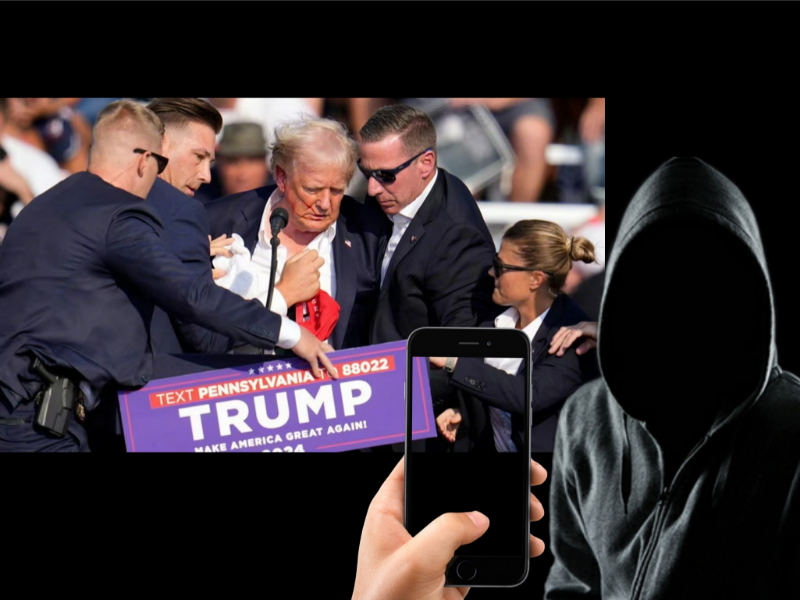- FBI cracks suspect’s phone in Trump assassination attempt using advanced hacking device.
- This raises ongoing debates on encryption and privacy between law enforcement and tech companies.
OUR TAKE
The FBI’s ability to hack into the phone of a high-profile suspect using advanced tools underscores the ongoing conflict between privacy and security. While the need to access crucial evidence is undeniable, it raises important questions about our privacy rights in the digital age. This case exemplifies the persistent struggle to balance these competing interests, reminding us of the profound impact these decisions have on our personal lives and societal norms.
—Doris Du, BTW reporter
In a pivotal moment for digital forensics, the FBI has successfully unlocked the password-protected phone of Thomas Matthew Crooks, the suspect in the recent assassination attempt on former President Donald Trump, using an advanced hacking device. This breakthrough not only sheds light on the evolving capabilities of law enforcement but also reignites debates over privacy and security in the age of encrypted smartphones.
What happened
In a stunning development, the FBI has managed to hack into the phone of the Trump shooter using a small but powerful hacking device, reigniting the fierce battle over privacy and security in the digital age. The FBI successfully unlocked the password-protected phone of Thomas Matthew Crooks, the suspect in the recent assassination attempt on former President Donald Trump. Initially, authorities in Pennsylvania struggled to access the phone, prompting them to send it to Quantico, Virginia, for further analysis. While the phone’s manufacturer remains unidentified, it is likely an iPhone due to its prevalence in the US.
Also read: Tech giants rally behind Trump after assassination attempt
Also read: Social media erupts with conspiracies after attempted Trump rally shooting
Why it’s important
This breakthrough highlights the evolving tactics in law enforcement’s efforts to access encrypted devices. Despite repeated requests for a “good guy back door” from companies like Apple, which have been steadfastly resisted, the FBI has often turned to advanced hacking tools. Devices like Grayshift’s GrayKey and Cellebrite’s UFED have become essential in forensic investigations, capable of bypassing security measures on modern smartphones. The ongoing struggle between law enforcement and tech companies over encryption continues to highlight critical issues of privacy and security.
Personal perspective
The FBI’s success in unlocking Crooks’ phone without the manufacturer’s assistance serves as a stark reminder of the delicate balance between security and privacy. As technology advances, so do the methods used by law enforcement to access sensitive information. This tug-of-war between privacy advocates and security agencies is not just a legal and technical battle, but a deeply personal issue for many. It reflects our collective fear of losing control over personal data and the trust we place in technology companies to protect our privacy. The constant push and pull between privacy and security forces us to question where we draw the line and what we are willing to sacrifice in the name of safety.

